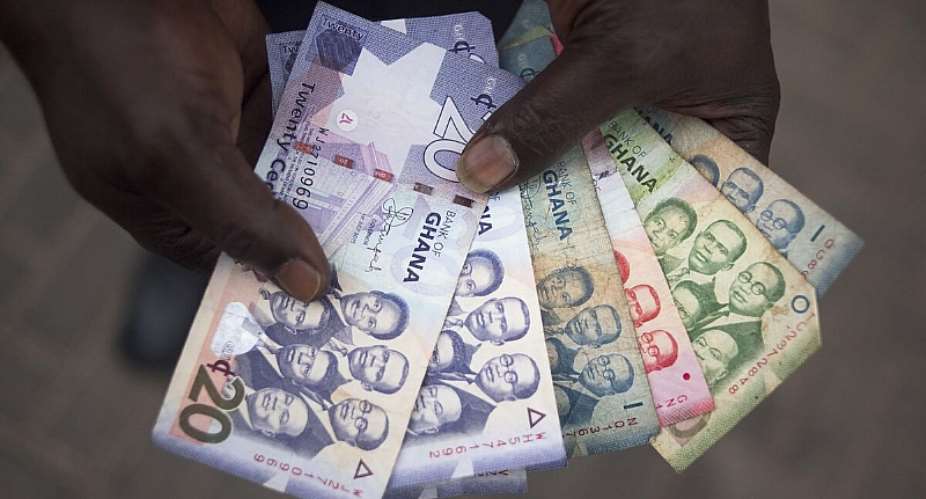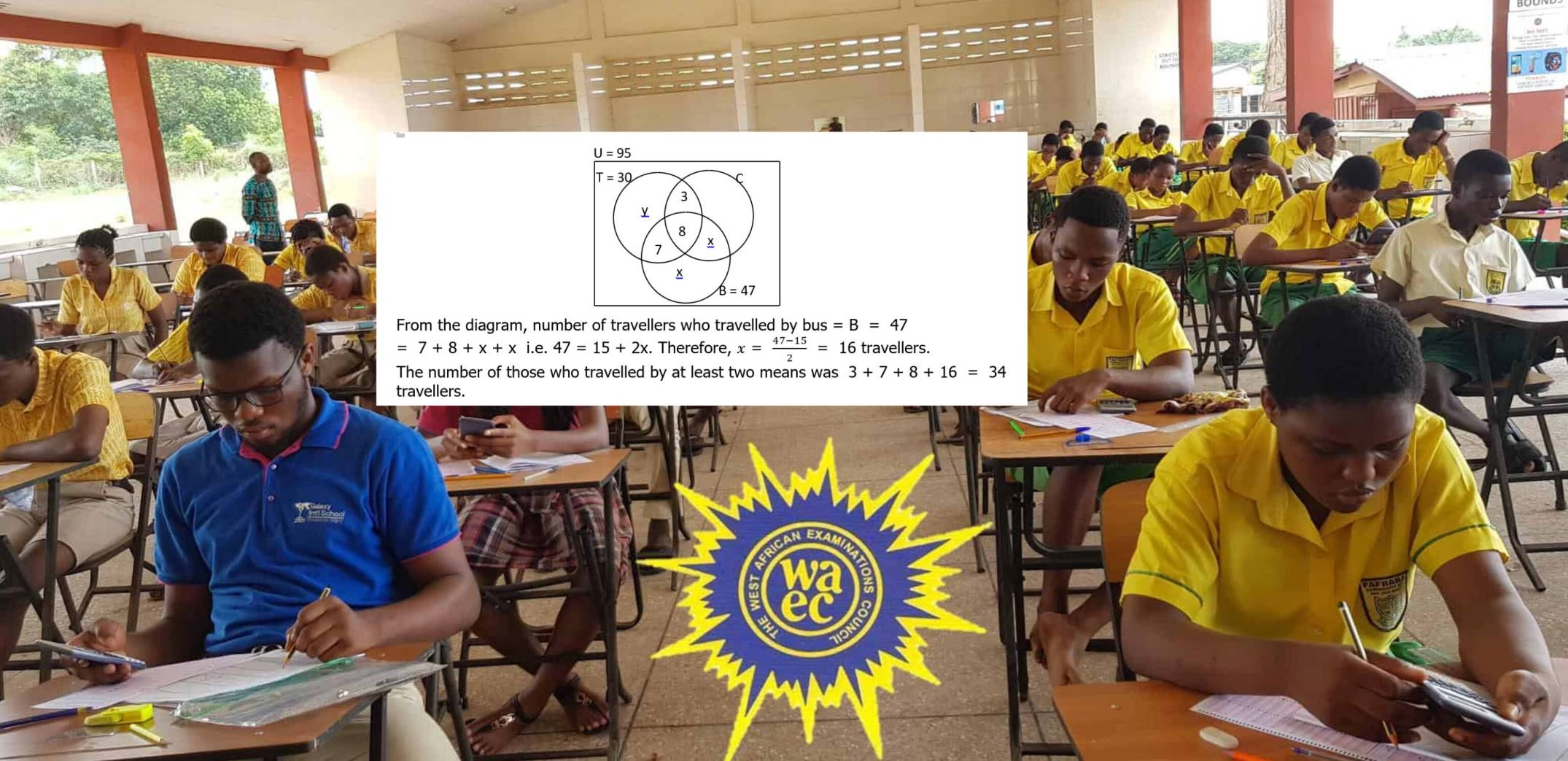Cedi Faces Renewed Pressure Despite BoG Interventions – Financial Analyst

The Ghanaian cedi, which recently experienced a brief appreciation against major foreign currencies, is now showing signs of sliding back. According to Financial Analyst Kwaku Adoboli, the temporary gains were engineered mainly by the Bank of Ghana (BoG) through foreign exchange interventions rather than by sustainable economic improvements.
Speaking on Asaase Radio’s Breakfast Show on Friday, August 22, Adoboli warned that the BoG’s strategy of injecting dollars into the market is not a lasting solution.
“Foreign exchange interventions by the Bank of Ghana have temporarily strengthened the cedi, but without structural economic changes, the currency is sliding back, raising questions about the sustainability of these policies,” he said.
He explained that the BoG is extending more dollars into the market than it has available on account, a move that he cautioned could destabilise the currency if not backed by broader reforms.
“Once you go below the zero bound, the currency risk becomes unanchored, and that can lead to spirals, more devaluation, and inflation,” he added.
Adoboli’s concerns echo findings from a recent report by the Institute of Economic Research and Public Policy (IERPP), which revealed that the central bank spent about $4.4 billion in foreign exchange interventions in an attempt to stabilise the cedi.
According to the report, Ghana saw a significant increase in exports—rising from $4.3 billion to $13.8 billion—and in gross reserves, which grew from $6.0 billion to $11.1 billion. However, much of these inflows, rather than being saved or invested in long-term growth, were channelled into defending the local currency.
Prof. Isaac Boadi, Executive Director of IERPP and Dean of the Faculty of Accounting and Finance at UPSA, stressed that this strategy leaves the economy vulnerable.
“The ‘missing’ $4.4 billion was pushed into the FX market to cushion the cedi. While this may calm markets temporarily, it is not a sustainable approach if structural issues remain unaddressed,” he noted.
The Governor of the Bank of Ghana, Dr. Johnson Pandit Asiamah, has repeatedly dismissed claims that the cedi’s appreciation is artificial. He maintains that tighter fiscal measures, prudent monetary policies, and improved export performance have contributed to the currency’s recent stability.
The BoG insists that the interventions are part of a balanced strategy to ensure market confidence while supporting broader economic reforms.
The debate over the cedi’s trajectory underscores a larger challenge facing Ghana’s economy: how to ensure currency stability without overreliance on reserves.
Analysts warn that if interventions continue without deep reforms, such as reducing import dependence, improving local production, and attracting sustainable foreign investments, the cedi could face further depreciation pressures.
Already, businesses and consumers are feeling the pinch of exchange rate volatility. Importers worry about higher costs, while ordinary Ghanaians fear a return to spiralling inflation if the currency weakens further.
The cedi’s performance in the coming months will depend heavily on whether the government and central bank can align short-term stabilisation policies with long-term structural reforms.
For now, the concerns of financial experts like Kwaku Adoboli highlight the delicate balance Ghana faces: using foreign reserves to keep the cedi afloat while addressing the deeper economic cracks that threaten its foundation.




